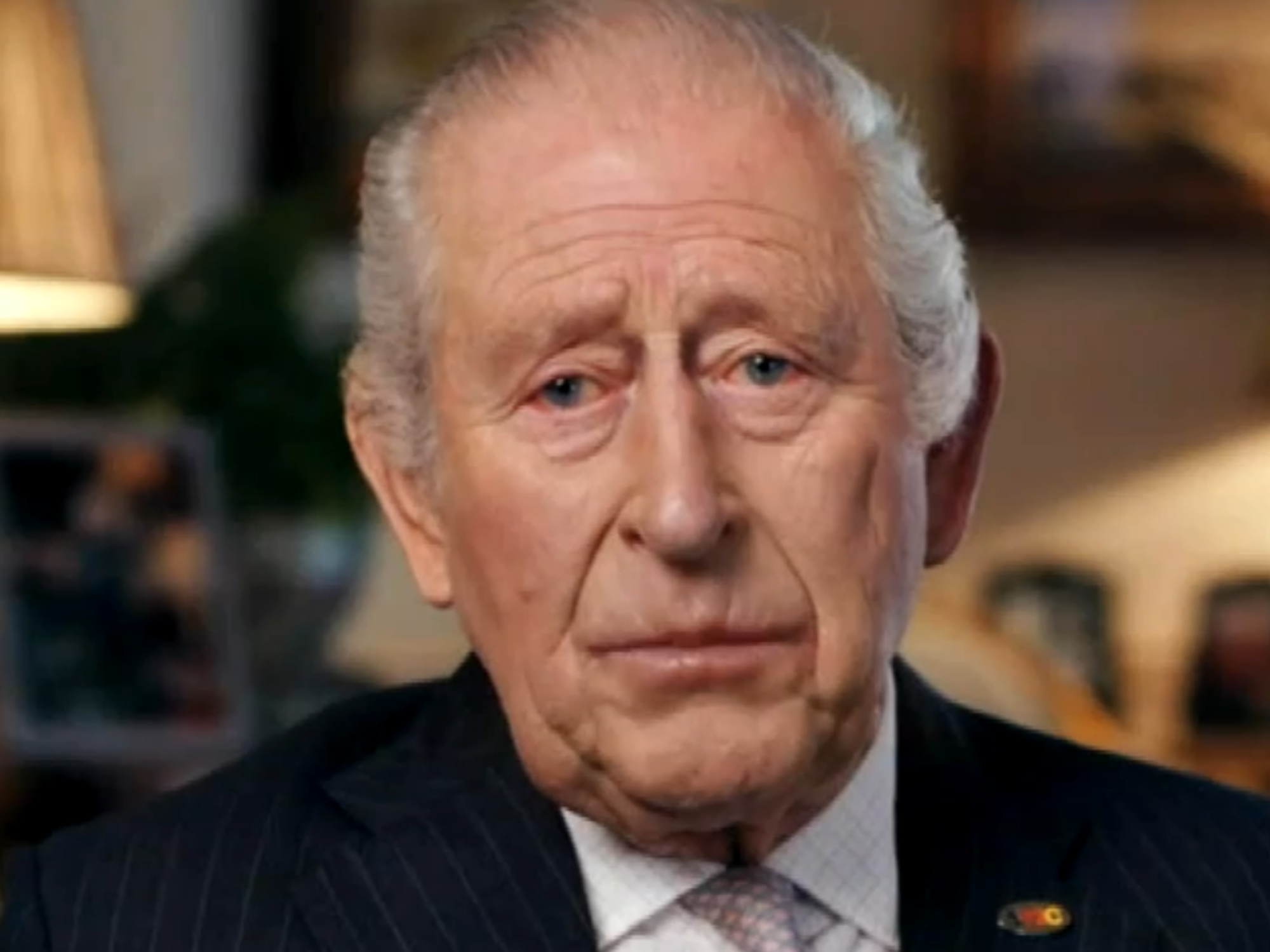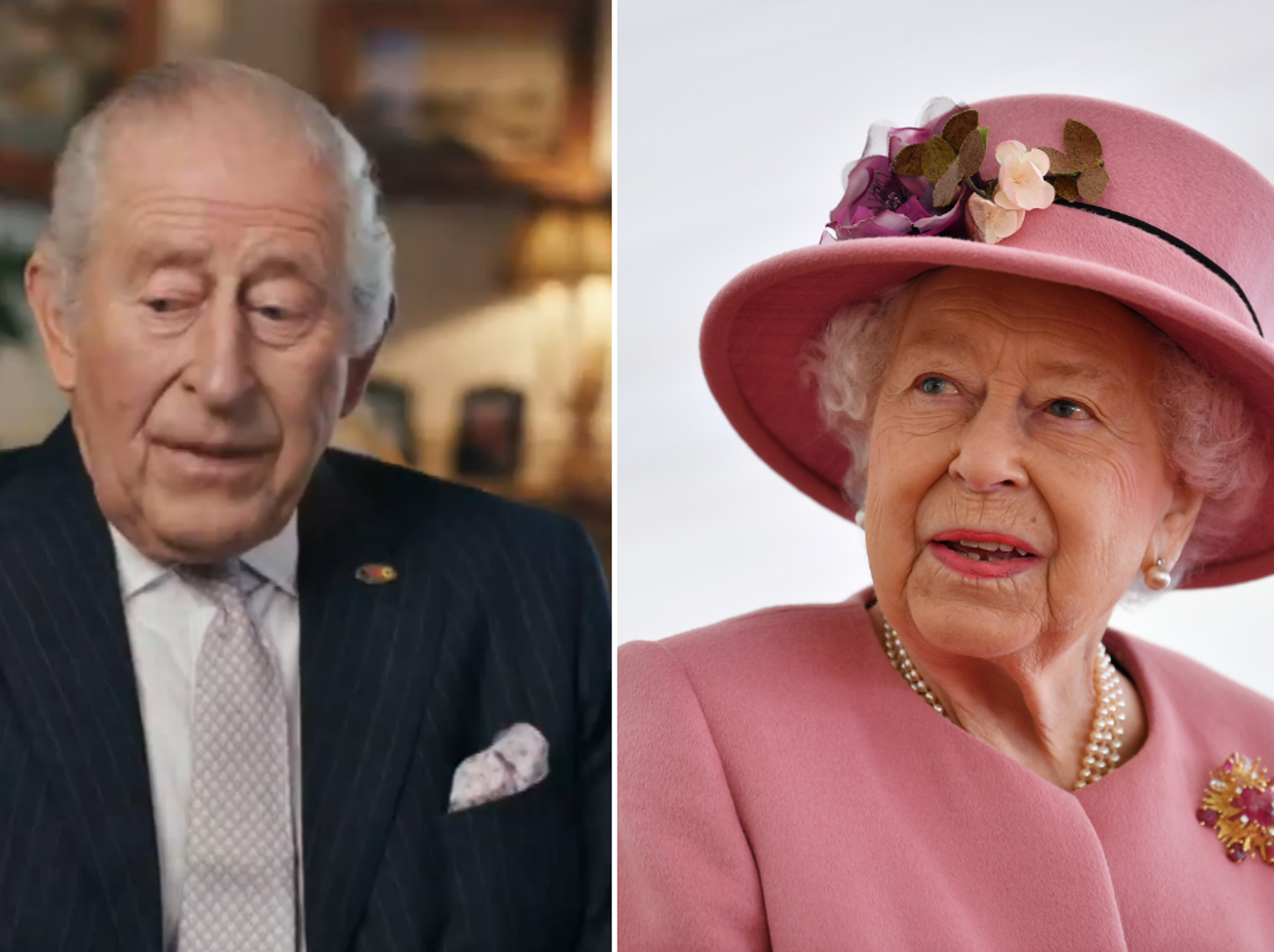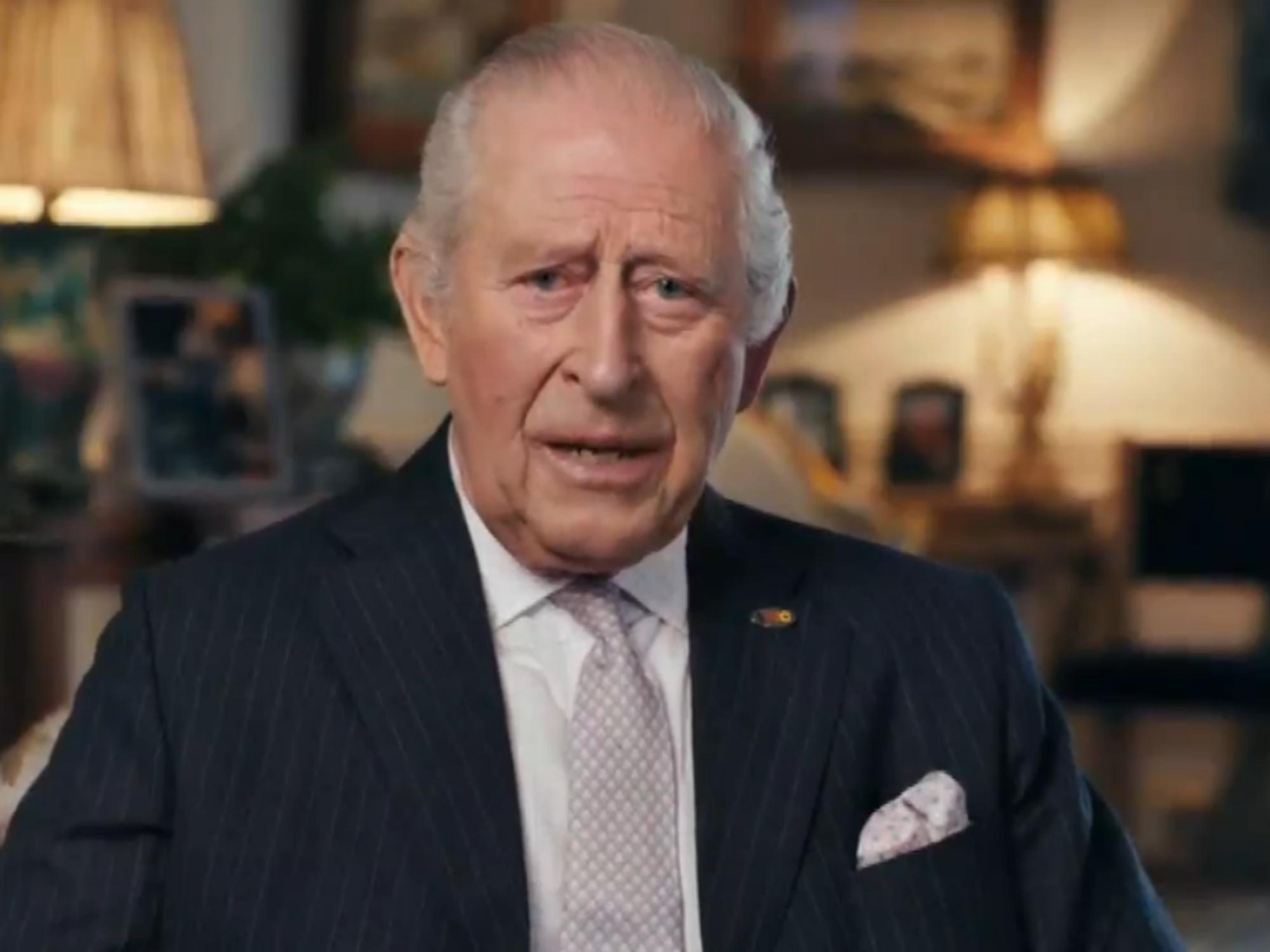Ford makes major electric car U-turn as boss admits it was 'too ambitious' with 2030 deadline
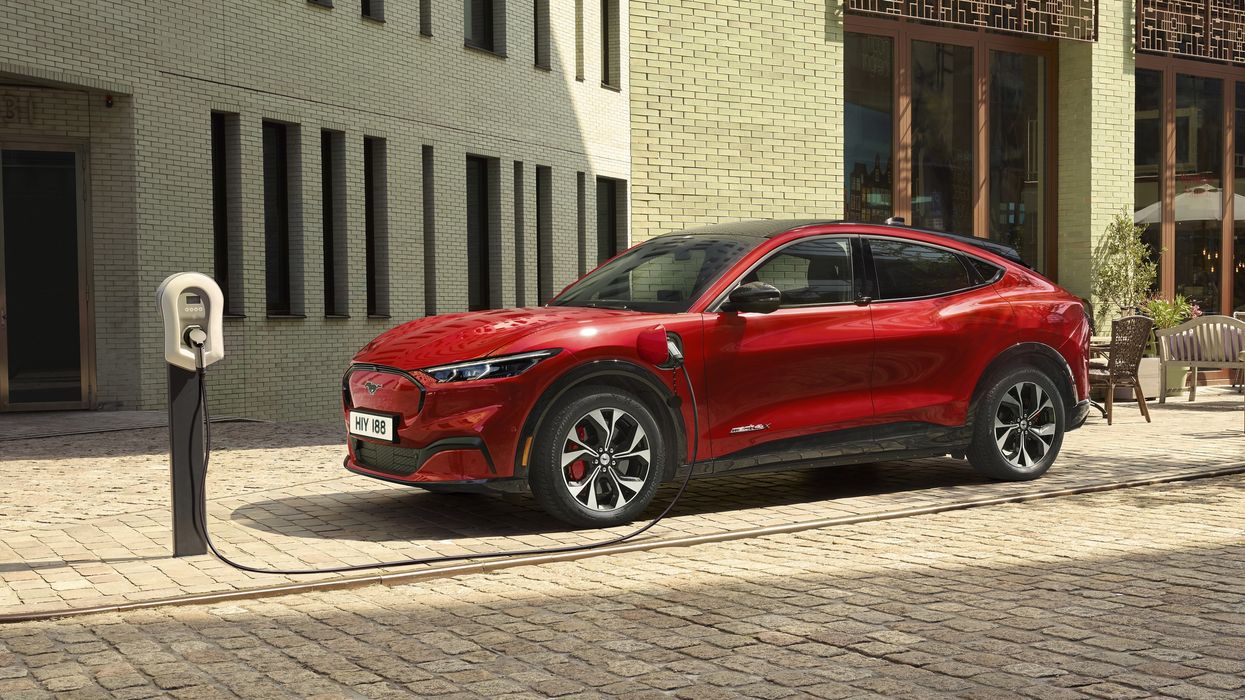
A Ford boss said the brand was too quick to go all-electric by 2030
|FORD

The brand already has several electric vehicles on the UK new car market
Don't Miss
Most Read
One of the most popular automotive manufacturers in the world has admitted that its 2030 deadline to be all-electric was "too ambitious".
Ford originally announced that by mid-2026, 100 per cent of its passenger vehicle range in Europe would be zero emissions capable, all-electric or plug-in hybrid.
They would then transition to be a completely electric brand by the end of the decade, in line with many other global manufacturers.
It also announced that Ford's entire commercial vehicle range would be zero emissions capable, all-electric or hybrid by 2024, alongside two-thirds of sales expected to be electric or hybrid by 2030.
Do you have a story you'd like to share? Get in touch by emailing motoring@gbnews.uk
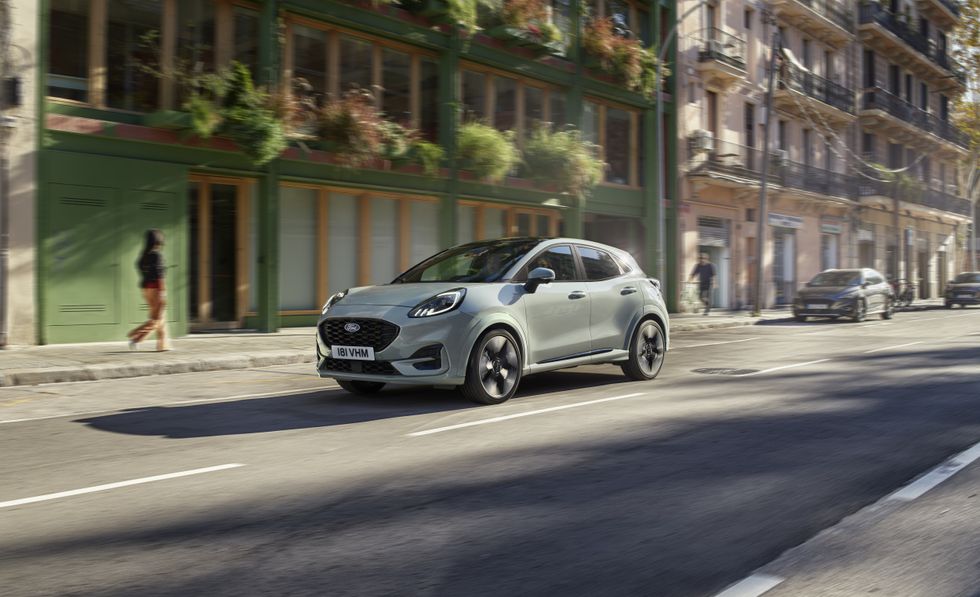 The Ford Puma is the best-selling new car in the UK | FORD
The Ford Puma is the best-selling new car in the UK | FORDHowever, a Ford boss has now spoken of the mistakes made by the brand in attempting to invest in electric vehicles in a relatively short amount of time.
Speaking to Autocar, Marin Gjaja, chief operating officer of Ford’s Model E electrification division, said the brand would no longer be pursuing a target of being all-electric by the end of the decade.
He added that there was "uncertainty" around driver demand for electric vehicles and changing legislation as key reasons for not being able to meet the 2030 deadline as originally planned.
Hybrid vehicles have seen a resurgence in popularity in recent years, prompting hesitancy in fully committing to electric vehicles from Ford and other popular brands.
Gjaja said: “I think customers have voted, and they told us that was too ambitious, is what I would say - and I think everyone in the industry has found that out the hard way. I would also say reality has a way of making you adjust your plans.
"We don't see that going all-electric by 2030 is a good choice for our business or, especially, for our customers," he told Autocar.
Alongside Ford's original announcement, the brand invested $1billion (£774million) into a new electric vehicle manufacturing centre in Cologne, Germany, with vehicles rolling off production lines in 2023.
Ford will likely have no option but to exclusively sell electric vehicles in the UK from the end of the decade regardless of their global plans and ambitions.
Labour has said it will reinstate the original 2030 deadline to ban the sale of new petrol and diesel vehicles after former Prime Minister Rishi Sunak rolled back a number of net zero pledges last September.
Updates have not yet been provided by Keir Starmer's party, although sources tell GB News that an announcement is expected "in due course".
Ford already has several electric cars on the UK market including the Capri, Explorer, Mustang Mach-E and the Tourneo Custom van.
The Ford Puma continues to be the most popular vehicle in the UK, with 3,169 new registrations in June, as well as having the most registrations for the year to date (26,374).
LATEST DEVELOPMENTS:
![Ford's Halewood transmission plant ]](https://www.gbnews.com/media-library/ford-s-halewood-transmission-plant.jpg?id=52955127&width=980)
Ford's Halewood transmission plant received an investment boost In 2022
|PA
In 2022, Ford unveiled a £380million investment boost to transition its Halewood Plant to develop electric vehicle components, calling the factory "integral" to its plans.
The electric power units created at Halewood will be included in 70 per cent of Ford's electric vehicles sold in Europe by 2026, although these forecasts may now be under review.
Commenting on the original investment, Kieran Cahill, Ford’s European Industrial Operations vice-president, said: "Our vision in Europe is to build a thriving business, by extending leadership in commercial vehicles and through the electrification of our car range."





